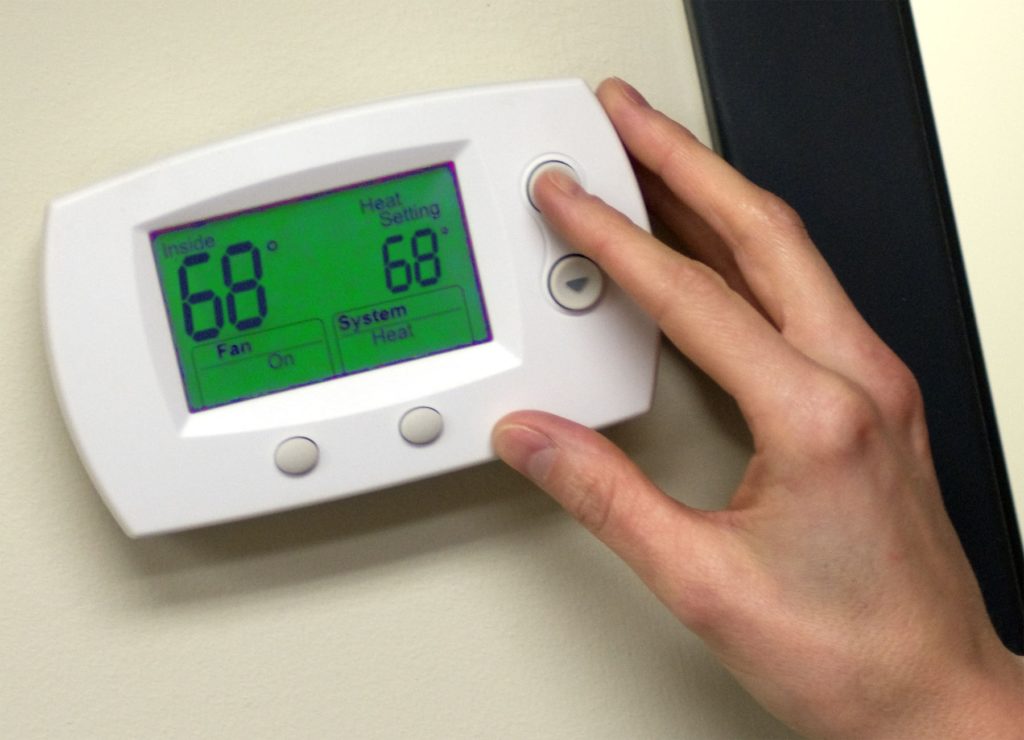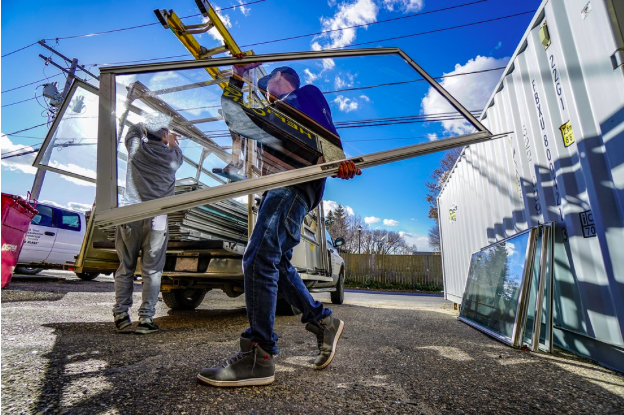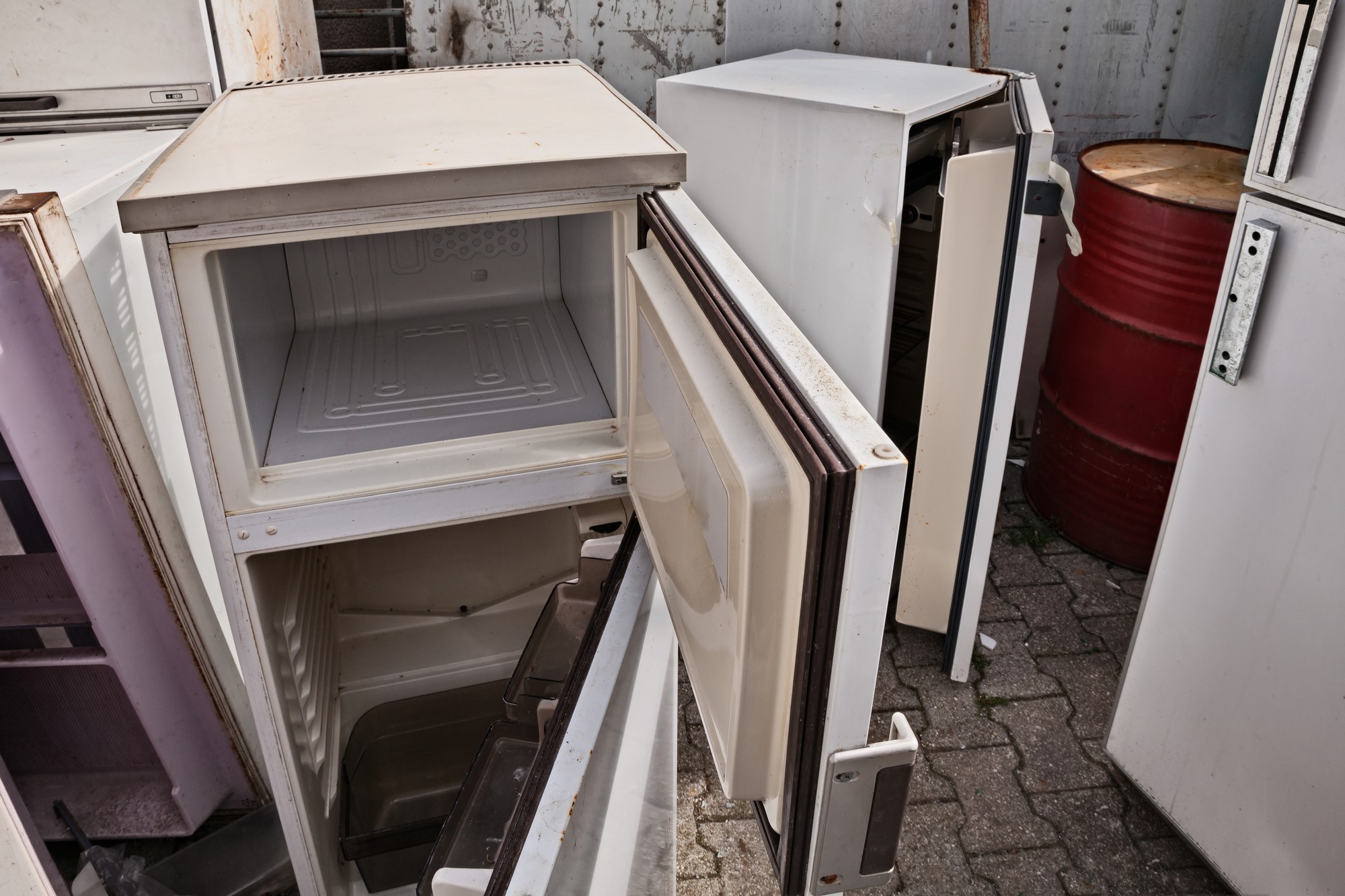 No matter what home you live in, power will be needed to function all major appliances and rooms. There are many different ways that a house can use up energy, but there are also ways that you can save it. From daily adjustment in behavior to more extensive home improvements, you can be saving yourself a lot of hassle, and more importantly, money. Best of all, you will also be able to protect the environment. Here are some of the most common ways that you can save energy at home efficiently.
No matter what home you live in, power will be needed to function all major appliances and rooms. There are many different ways that a house can use up energy, but there are also ways that you can save it. From daily adjustment in behavior to more extensive home improvements, you can be saving yourself a lot of hassle, and more importantly, money. Best of all, you will also be able to protect the environment. Here are some of the most common ways that you can save energy at home efficiently.
1. Replace Light Bulbs
One of the first things that you can do to save your household energy is to replace your light bulbs. The traditional light bulb, as small as it may seem, can actually consume a great deal of electricity. These light bulbs have to be replaced much more often than the energy efficient alternative ones.
Some other options for light bulbs that you may want to consider include compact fluorescent lights (CFLs) and light-emitting diode bulbs (LEDs. Some benefits to consider is that these variations can last up to 25 times longer than your traditional light bulb and can consume up to 80% less electricity in the process.
2. Insulate Your Home
The winter months can prove to be a challenge when it comes to saving energy, because you will constantly need to be warm. One such way that you can save energy during the winter is to insulate your house.
There are many experts who believe that approximately a quarter of the heat from houses go out a roof that lacks sufficient insulation. The roof itself can be insulated, and even solid walls.
All of this will depend on the type of hot water system that you have. This means that you will also have to consider insulating the tank and pipes, because this will keep your water hotter for an extended period of time. In addition, you can purchase inexpensive foam tubes that can cover the pipes for the hot water tank and your boiler.
3. Turn Down The Temperature
This will prove to be especially important in the summer months. If you reduce your room temperature by just 1 degree, you could save money on your heating bills up to 10%. If you are living a healthy lifestyle and are under 65, you can actually have your home cooler than 18 degrees Celsius, according to the NHS.
As for the hot water tank, you will also want to lower the temperature on that as well. Not only will that save water, but it will also save electricity because cold water won’t be needed as much to ensure that the shower is warm instead of boiling hot.
4. Purchase Energy Efficient Appliances
Appliances are responsible for just over a tenth of your house’s energy use. This is a significant amount, so you should be encouraged to find ways to save where you can. There are two specific things that you want to pay attention to when it comes to purchasing these appliances. The two facts are the annual operating cost and the initial purchase price.
Energy efficient appliances have higher purchase prices, but the operating costs are up to 25% lower than other models. If appliances have the ENERGY STAR label attached to them, you should place those as your priority. This is a guarantee that the appliance will consume less energy when on standby.
5. Maintain the Heating System
Finally, you will want to maintain the heating system at all times. Gas is an important component for any house’s energy usage, and current regulated natural gas prices can often fluctuate. Natural gas producers are not directly regulated, meaning that there is no direct oversight. However, this also means that the prices that they charge can be influenced by competition, and if you aren’t maintaining your heating system, you can be wasting energy and money.
Even the most reliable heating system can lose efficiency over time if it isn’t routinely checked and cared for. In this regard, companies such as BlueOx Energy can provide full-service support that includes fuel delivery, HVAC maintenance, and dependable emergency repair to help keep systems running steadily throughout the year. Taking a similar proactive approach can minimize unexpected issues and prevent unnecessary increases in energy costs.
The best way to go about managing your heating system is to have the furnace regularly inspected by professionals and have the filters changed at least once a month.
Follow these strategies, and you will save energy, money and environmental damage.









